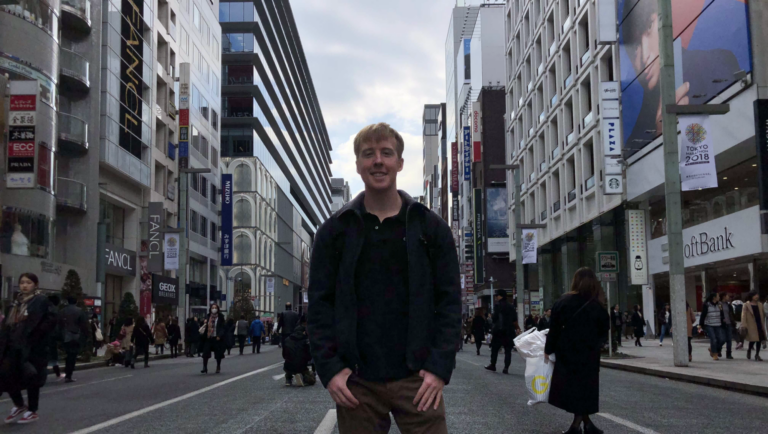The demand for remote working in the UK is growing according to the Office of National Statistics. The body says that by 2020, half of UK employees will be working remotely and currently, 90% of current staff would prefer to work remotely at least part-time.
Robert has said that he is either “the laziest person possible and will just do nothing for two days besides watching Netflix and eating pizza, or will work 15 hours a day for 30 days straight and really not question it.” This understanding of his own working habits led to him being able to fine-tune his routine to improve his flexibility.
Robert told me: “We all need a place to work whether it’s at home, in a more traditional office or coworking space. Coworking provides a flexible solution and arguably a more economic one for most people that need a space to work. For me, I need to get out of the house in order to flip that switch to work mode. That’s not the same for everyone.”
Besides the essentials – good wifi and coffee – Robert says he needs that external pressure of having people around him working to ensure he works, otherwise he’ll “just end up on YouTube or something.”
He’s keen to debunk the myth that digital nomads who travel are constantly on a beach too, stating that it’s one of the biggest issues in the coworking industry. “Everyone kind of imagines us all on the beach, with a mountain view, travelling the world and just making recurring money without work. I still put in a solid 10 hours most days.”
If the idea of flexible work is to improve productivity levels, then it is inherently a personal preference so there won’t be one rule for all, but it does allow someone the freedom to work where they want and the opportunity to meet a lot of new people.
Robert, a self-proclaimed extrovert, has proven success with building friendships in coworking spaces. One friend he made in the states let him stay on his couch for months before eventually making Robert his best man and he also met his fiancee whilst working in Miami.
“Coworking is relationship building,” he argues. “The people that I work next to become my ‘team’ or friend group. That is extremely valuable.” It’s this sense of community that is why he believes companies can benefit from operating in these sorts of spaces.
At the dozens of coworking spaces he’s worked in, he’s come across designers, developers, marketing companies, and IT companies.
One piece of advice that Robert is keen to share with coworkers, and that he’s always followed, is to open doors to people and not to shut them, a lesson he learnt from the space manager at a former workspace. On numerous occasions, he’s revisited countries to see friends he’s made in coworking spaces.
“I like the random moments where I’m working on something and someone else is working on something and we have a quick chat. Those quick chats don’t happen when a door is shut, or if you’re behind a door.”
One rule he uses at workspaces where he plans to stay at for longer than a day is to say hello to everyone he walks past. “Just say hello and introduce yourself. There’s a micro-barrier that gets created if you don’t initiate contact immediately. It’s a weird thing, you don’t really connect with people if you don’t breakdown that barrier.”
One of Robert’s companies, Cowork22, started as a website focusing on his experiences of coworking spaces. On the site, there are dozens of pieces about his travels and how coworking spaces differ around the world.
He’s currently building a new tool for organizations and governments to implement better flexible working strategies. He said: “What started as a passion project has come full circle to become a business that aligns the needs of the employer with those of the employee in order to drive the changing ways on how, where, and when work is done.”
If there’s anyone that is equipped to push the coworking sector forward, we’ve found our man.









